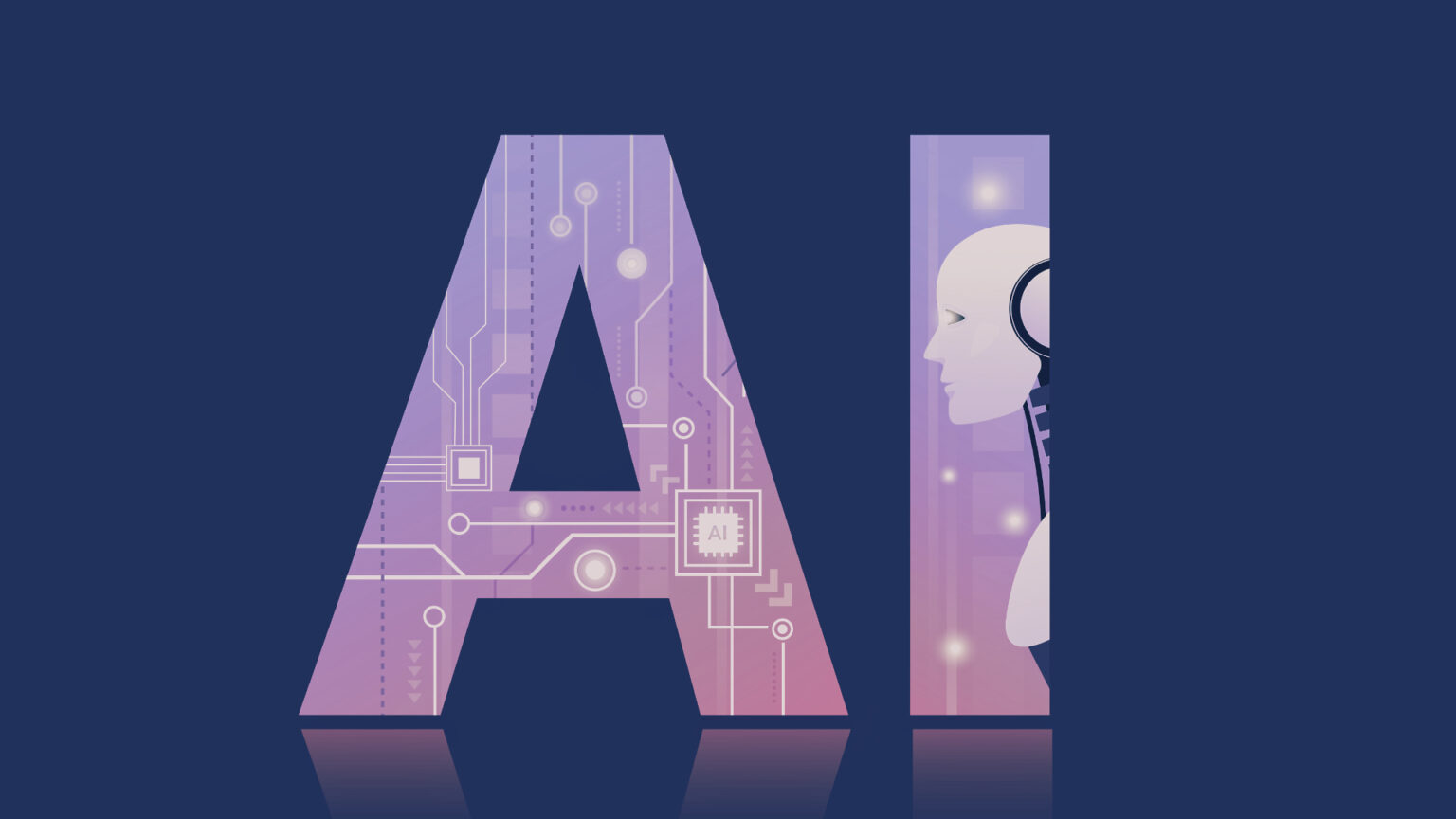The document assumes, among others, the implementation of AI in public administration (AI HUB Poland), the creation of dedicated ‘Sectoral Deployment Maps’, as well as support for small and medium-sized enterprises. The tasks described in the AI Policy are ultimately intended to contribute to the realisation of the assumed goals – Poland as the heart of the AI continent thanks to implementations in key sectors of the economy and an efficient state using AI solutions.
AI BUH Poland
AI Policy envisages the launch of the AI HUB Poland portal, which is intended to be a tool to support the effective management, development and implementation of AI technologies in the public sector. The aim of the platform is to create an integrated environment that will improve the use of artificial intelligence in public services and in key areas of state functioning.
Among other things, the project envisages the rapid adoption of AI-based innovations, the upskilling of administrative staff, the harmonisation of data to build artificial intelligence models and the creation of national large language models.
AI HUB Poland is a joint initiative of experts from the Central Informatics Centre, NASK and partners to support the country’s digital development and strengthen Poland’s international competitiveness. The platform’s activities include the launch of a central system for managing AI projects, building a repository of open automation solutions, sharing best practices and implementation support for smaller administrative units.
Sector implementation maps
The Ministry of Digitalisation notes that artificial intelligence is becoming one of the most important drivers of economic transformation. Its use can significantly accelerate the development of innovation, increase the competitiveness of Polish companies and improve the quality of life of society. In order to fully exploit this potential, it is necessary to focus efforts on those projects and sectors that can bring Poland the greatest economic and social benefits.
The Polish Economic Institute identifies three approaches that help identify priority areas for AI development: analysis of key industries in the economy, assessment of the so-called ‘technology stack’ and identification of ‘grand challenges’ – complex problems where AI can play a particularly important role.
Based on these analyses and the recommendations of the AI Working Group, the sectors with the greatest potential for AI deployments have been identified. These are: energy, e-commerce, dual-use products, cyber security, BioMedTech, financial services and transport and logistics. It is in these areas that AI can generate the most value – from optimising energy consumption, to faster drug discovery, to autonomous mobility and advanced cyber defence systems.
The directions set are also in line with the European Commission’s focus on the development of secure, interoperable and high-quality AI systems in strategic sectors across the EU.
In order to successfully implement artificial intelligence, cross-sector collaboration, a robust data infrastructure, competent staff and consistent regulation are needed. Therefore, dedicated Sector Deployment Maps will be created for each of the key sectors. These will include an analysis of the industry’s needs, key business areas for AI applications, data sharing rules and support mechanisms – so that Polish companies can fully exploit the potential of the breakthrough technology.
Support for small and medium-sized enterprises
Small and medium-sized enterprises play a key role in the development of AI in Europe. Thanks to their flexibility, ability to experiment quickly and innovative approach, it is SMEs – and especially startups – that are often the first to implement new technologies and bring breakthroughs to market. At the same time, they face barriers such as limited resources, more difficult access to data and the need to meet ethical and regulatory requirements.
In order to accelerate the development of AI in this sector, support including funding, computing infrastructure and the ability to test solutions in secure environments is essential. Incubators, accelerators and knowledge-sharing platforms play an important role in helping companies commercialise innovations faster and build technological competence.
In Poland, the infrastructure being developed – including AI Factories – is to allow entrepreneurs to benefit from technology and regulatory advice, computing power and testing environments. This is complemented by the PFR’s ‘Digital Crate for Companies’ programme, which helps to confirm technology readiness and gain support for AI Act compliance.
One of the most important elements of the support policy for SMEs are the regulatory AI sandboxes, which – according to EU regulations – must be completely free of charge for them. They allow solutions to be tested under controlled conditions and reduce the risks associated with market entry. Specialised sectoral sandboxes will be established in Poland and their integration with AI Factories will provide access to data and infrastructure.
In order for Polish companies to realise the full potential of AI, it will be crucial to raise awareness of the benefits of its implementation, provide practical advice and launch dedicated programmes and competitions to support AI projects. In the long term, this will translate into an increase in the competitiveness of SMEs, the development of innovation and the strengthening of Poland’s position in the European technological ecosystem.
Summary
The updated AI Policy responds to the challenges posed by the dynamic development of AI technologies. The document sets out directions for action, integrating the needs of government, business, science and society. The Ministry of Digitalisation announces further work on the implementation of the AI Policy.












